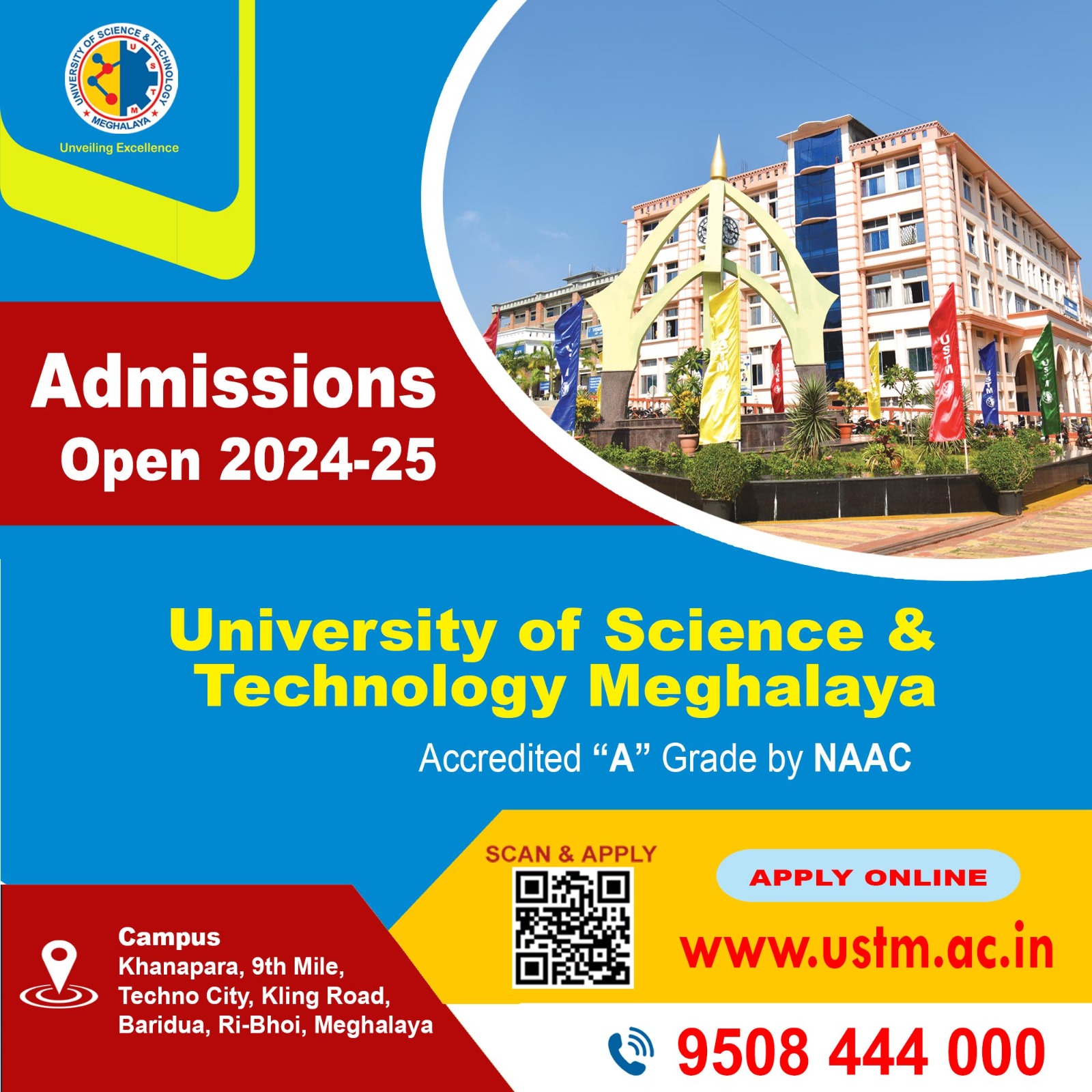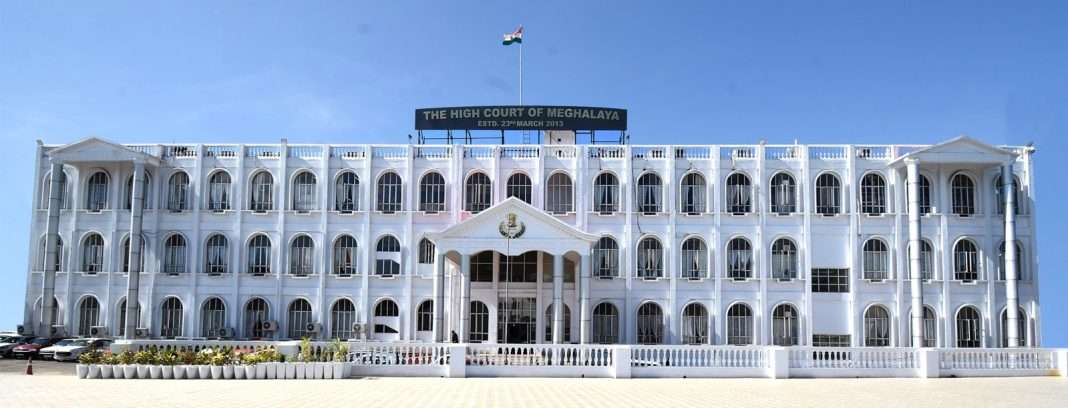SHILLONG, APR 25: The Meghalaya High Court has upheld the decision of the Assembly Speaker Thomas A Sangma in not allowing a special motion to discuss on a CAG report during this year’s budget session by dismissing a petition filed by the opposition Voice of the People Party (VPP) legislator from North Shillong Adelbert Nongrum.
Nongrum has challenged the action of the Speaker under Article 226 of the Constitution of India, in not allowing the petitioner to move a special motion under Rule 130A of the Rules of Procedure and Conduct of Business in Meghalaya Legislative Assembly, to raise discussion in the House during the Budget Session 2024, on the CAG Report on the Social and Economic sectors for the year ending 31.03.2022, for the State of Meghalaya.
The judgment passed by the Single bench headed by Justice HS Thangkhiew said, “As such, in view of the discussions made herein above, the decision of the Speaker in not allowing the Special Motion, cannot be held to be illegal or unconstitutional, notwithstanding the fact that the subject matter involves a matter of grave public importance. Judicial review therefore, not being available by virtue of the application of Article 212 of the Constitution, this writ petition is not entertained and is accordingly dismissed.”

It said, “The Court observed that under Article 122(2), the decision of the Speaker in whom powers are vested to regulate the procedure and conduct of business is final and binding on every Member of the House. Hence, this Court held that the validity of the Speaker adjourning the House sine die and the later direction to resume sittings could not be inquired into on the ground of any irregularity of procedure. The Court reaffirmed that the business transacted and the validity of proceedings after the resumption of sittings of the House pursuant to the direction of the Speaker cannot be inquired by the courts. This follows the fundamental principle that it is the right of each House of the legislature to be the sole Judge of the lawfulness of its own proceedings so as to be immune from challenge before a court of law.”
On February 22, a breach of privilege motion moved by Nongrum against the Assembly Speaker Thomas A Sangma for disallowing discussion on a CAG report was also rejected by the House through a voice vote.
The bench also said with regard to the instant case however, as no situation exists to hold that there has been substantive illegality, no judicial review is called for.

“The decision cited by the respondent in the case State of Punjab vs. Principal Secretary to the Governor of Punjab & Anr (supra), however is useful, with regard to the exercise of powers by the Speaker to regulate the procedure of the House, and the binding nature, the decision of the Speaker has on every member of the House. Paragraphs – 40, 41 and 42 thereof of this case, are quoted herein below. “The Constitution and established legislative practice distinguish between adjournment sine die and prorogation of the session of the House. In the case before us the Vidhan Sabha was adjourned on 22-3-2023 without prorogation. Therefore, the Speaker was empowered to reconvene the sittings of the House within the same session. Exclusive domain of the Speaker to regulate the procedure of the House 41. Article 178 of the Constitution provides for the office of the Speaker and Deputy Speaker of a Legislative Assembly. Article 212 of the Constitution precludes the courts from inquiring into the proceedings of the legislature of the State.”
A corresponding provision with regard to the Parliament is contained in Article 122. The decision in Ramdas Athawale is significant in that it dwells on the role of the Speaker of the House and interprets Article 122 of the Constitution. The Constitution Bench observed: (SCC pp. 12-13, para 31)
“The Speaker is the guardian of the privileges of the House and its spokesman and representative upon all occasions. He is the interpreter of its rules and procedure, and is invested with the power to control and regulate the course of debate and to maintain order. The powers to regulate the procedure and conduct of business of the House 10 of the People vests in the Speaker of the House. By virtue of the powers vested in him, the Speaker, in purported exercise of his power under Rule 15 of the Rules of Procedure and Conduct of Business in Lok Sabha got issued Notice dated 20-1-2004 through the Secretary General of the Lok Sabha directing resumption of sittings of the Lok Sabha which was adjourned sine die on 23-12-2003. Whether the resumed sitting on 29-1-2004 was to be treated as the second part of the fourteenth session as directed by the Speaker is essentially a matter relating purely to the procedure of Parliament. The validity of the proceedings and business transacted in the House after resumption of its sittings cannot be tested and gone into by this Court in a proceeding under Article 32 of the Constitution of India.”
Read: 171 Pine Mount School Students honored at SPARK Certification Program
WATCH:
Find latest news from every corner of Northeast India at hubnetwork.in, your online source for breaking news, video coverage.
Also, Follow us on-
Twitter-twitter.com/nemediahub
Youtube channel- www.youtube.com/@NortheastMediaHub2020
Instagram- www.instagram.com/ne_media_hub



